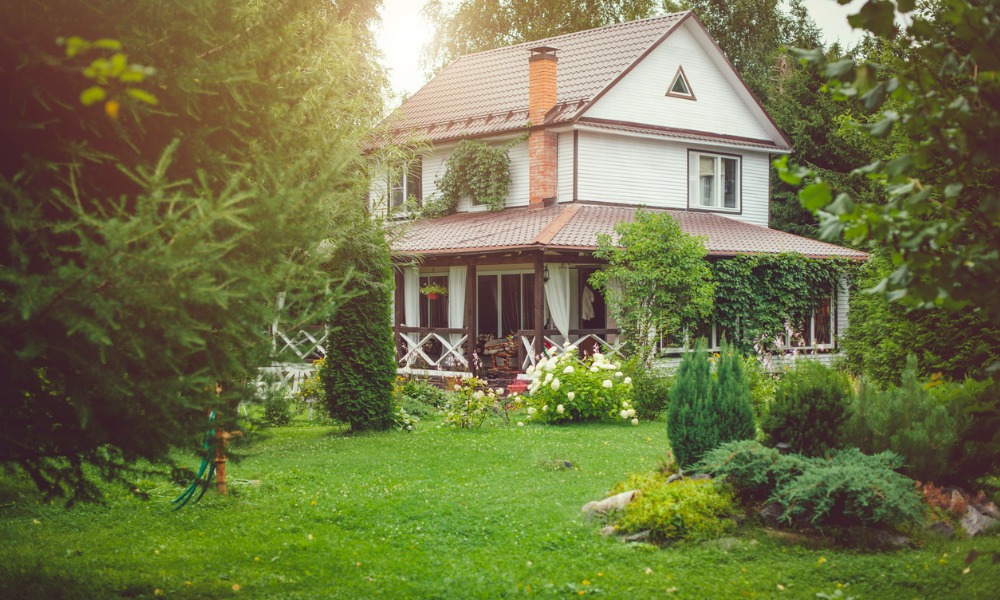Advisors can help clients determine the big picture, so this COVID summer dream doesn’t dysregulate their finances

With summer ending amidst a real estate slow-down and concern about another COVID winter coming, some clients are wondering whether to buy a cottage as a second property.
Shannon Lee Simmons, a financial planner and founder of the New School of Finance, is urging advisors to help their clients think through all the implications before they take on more than they can financially handle.
“I feel like there's a massive uptick in the number of conversations I'm having about: ‘can we afford a second property?’” Simmons told WP, before noting there are basically two types of potential buyers.
The first are long-time clients who planned to buy a cottage later, maybe in ten or 15 years, once their homes were mortgage free.
“That timeline just got completely annihilated, and there’s a sense of urgency to do it now,” said Simmons, some of them are almost panicking.
The urgency stems from reasons people didn’t have pre-COVID. They’re afraid of missing out on the opportunity to buy since prices are rising. They also feel they could use a cottage now because of limited vacation options as it would be near home and they wouldn’t have to fly or quarantine.
The other people that Simmons is seeing are those who might not have thought of buying a cottage before, but now want one for similar reasons.
“I’ve also seen a lot of people who feel priced out of the housing market as their primary residence and are looking to buy a cottage as their real estate investment,” she said.
Some may decide to rent in the city and own a country home. Others, however, are contemplating buying a property to rent out, which Simmons said may be a good short-term strategy for five years, but isn’t a long-term solution for 25.
“You should be able to float it on your own, in case the rental market falls flat or a municipality suddenly decides that short-term rentals aren’t allowed anymore,” she said. “You want to make sure you're not dependent on rental income and it's just financial gravy, but not necessary.”
Simmons urged financial advisors to talk to their clients to determine not only whether they have the down-payment they’ll need to buy, but whether they also have the current and future income stream to take on a 25-year mortgage and maintain a property plus continue to build their investment portfolio and ensure they’ll have enough funds for a safe retirement – so neither of those are jeopardized by a cottage purchase.
“I think people forget about the extra costs associated with owning the property, especially a rural one where there are maintenance repairs, property taxes, and utilities,” she said. Clients also need to furnish and maintain the space, but ensure neither of those harm their portfolio or long-term plans. They also need to make sure that they have enough cash flow until retirement to float two residences without using rental income to offset their costs, so they don’t end up just renting out the cottage, but never getting a chance to use it because they depend on the rental income.
“The question is whether you can float the second property without that support,” she said. “If you can't, there are lots of other ways to enjoy nature. There are lots of provincial parks. You can go camping. You can rent a cottage. So, there's lots of ways to engage with nature that don't require hundreds of thousands of dollars in a mortgage.”



